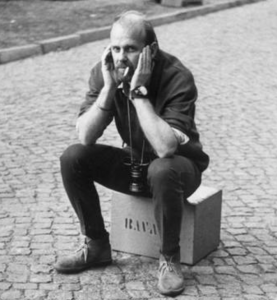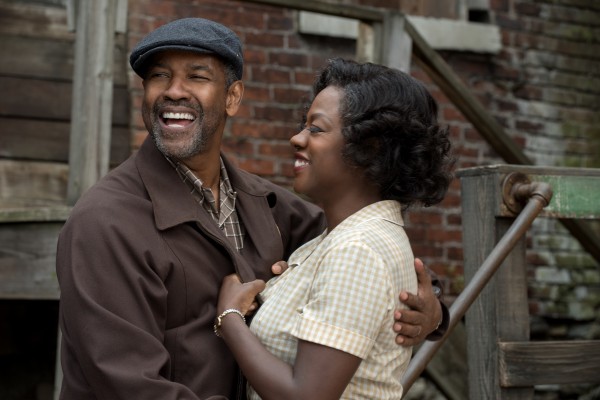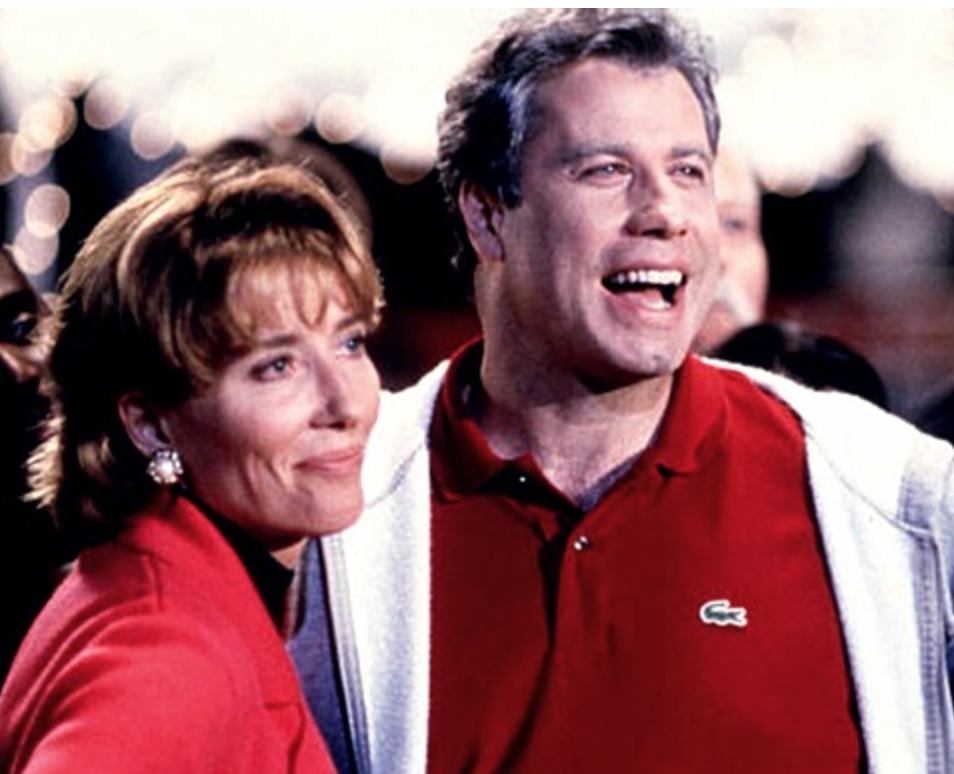 Anyone who really loves show business eventually has a “come to Fosse” moment. You know you’ve become a true convert to the choreographer and director when you come around on “All That Jazz,” his bombastic meta-movie biography-musical. And you know you’ve gone ahead and joined his cult when you come around on his last film, “Star 80,” about slain porn star Dorothy Stratten. (I’ve yet to unlock that level.) But even if you don’t dig Fosse – even if you don’t consciously know Fosse – chances are good you’ve fallen under his influence. Born in 1927, his signature style didn’t just indelibly stamp the world of dance. It redefined the packaging of sexuality and entertainment, blurring worlds that post-World War II parochialism had strenuously separated.
Anyone who really loves show business eventually has a “come to Fosse” moment. You know you’ve become a true convert to the choreographer and director when you come around on “All That Jazz,” his bombastic meta-movie biography-musical. And you know you’ve gone ahead and joined his cult when you come around on his last film, “Star 80,” about slain porn star Dorothy Stratten. (I’ve yet to unlock that level.) But even if you don’t dig Fosse – even if you don’t consciously know Fosse – chances are good you’ve fallen under his influence. Born in 1927, his signature style didn’t just indelibly stamp the world of dance. It redefined the packaging of sexuality and entertainment, blurring worlds that post-World War II parochialism had strenuously separated.
I first saw “All That Jazz,” Bob Fosse’s signature directorial effort – though not the one that nabbed him a best-directing Oscar – in its initial 1979 run, and was singularly unimpressed. Of course, I was age eight, and more impressed by “The Muppet Movie.” Years later, I saw what I had missed. Buried in the film’s dance sequences, its half-assembled spangled costumes and bare-bones Broadway backstages and editing rooms, was a winking homage to narcissism and its opposite, true communion. It was, and is, an amazing cacophony. But it is also bloated by his death wish – a courtship with his own demise that he materialized by casting Jessica Lange, one of his many girlfriends, in the role of Angelica, a literal angel of death. Continue Reading →


